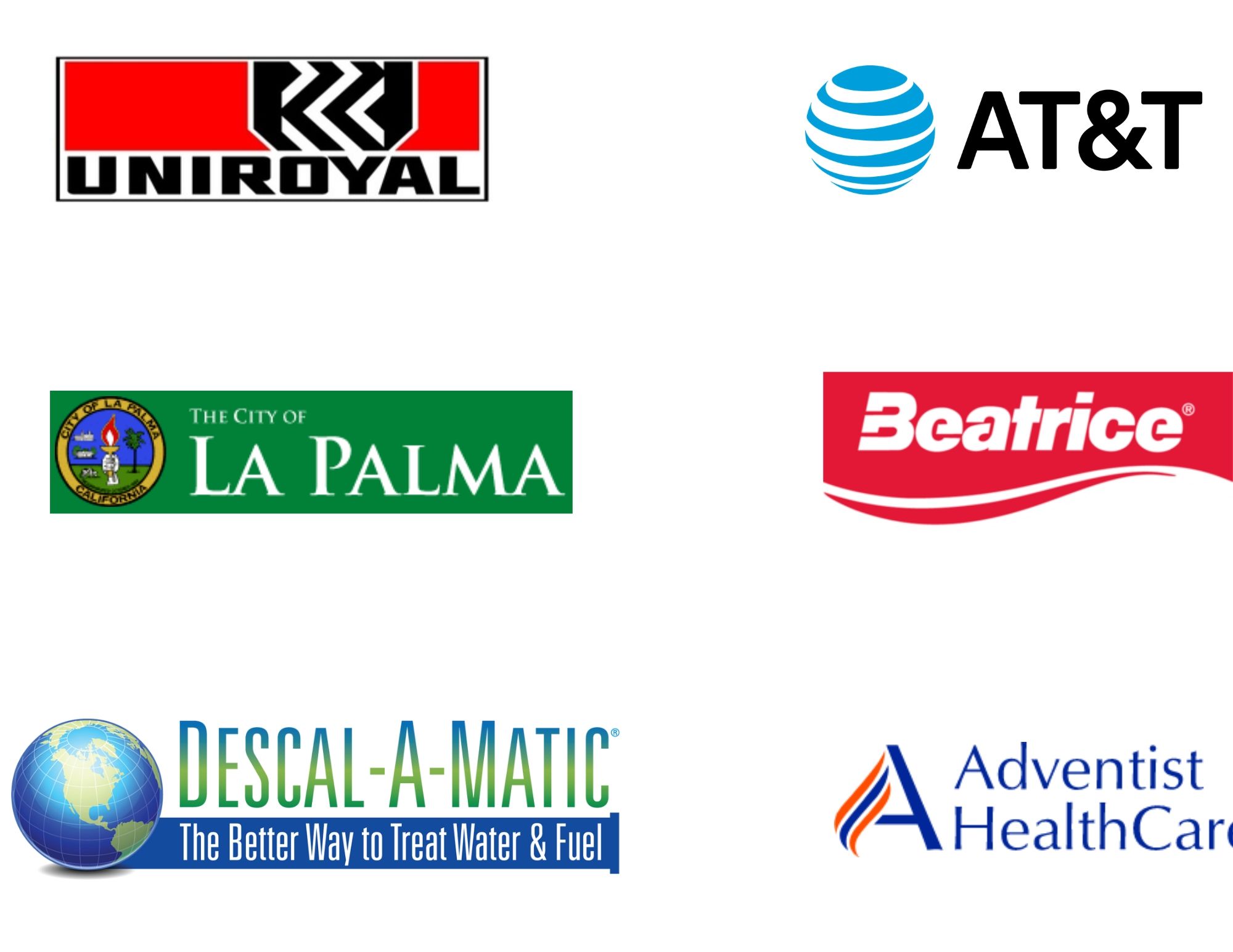Stadium Water Protected by LAKOS Separator

Separator Removes Sand From City Water; Protects Stadium Plumbing
When Fulton County Stadium in Atlanta, Georgia experienced a sand problem in their water supply, the fans of the Atlanta Falcons football team were the first to see what sand can do to the stadium’s plumbing. With clogged flush valves throughout their restroom facilities, overflowing toilets and sinks completely shut down the facilities to as many as 59,000 fans. After suffering through three consecutive games with this problem, two Lakos Separators were installed and immediately eliminated the problem. At peak fl ow, 800 gpm of water (which the city gets from a local river) services the restroom facilities throughout the stadium. According to Mike Mercier of Edwards Technical Services (the manufacturer’s representative that sold the separators), “It seemed like more sand and sludge was coming out of the drinking fountains and faucets than water itself.” The fans were furious and the Falcons’ owners even threatened drastic measures if something wasn’t done soon. “We worked on several different ideas,” said Plant Superintendent of the stadium, David Doane, “but we found the Lakos Separators to be the most ideal solution. Continuous operation. No shutdowns or duplicate equipment. Easily automated.” Along with the two Lakos Separators, 80 mesh duplex basket strainers were used to back up the separators when the flow rates dropped below the separators’ recommended flow range. According to Doane, however, “the separators seem to remove at least 95% of the sand no matter what the system’s flow rate happens to be.” The separators are purged of the silt and sand with a Lakos automatic motorized ball valve. No routine maintenance is necessary. So severe was the stadium’s sand problem, the Lakos Separators were air shipped and even the mayor’s office got involved in expediting the shipment so the system could be quickly installed before the next football game. Now, the plumbing no longer needs to be cleared after each game and, says Doane, “the fans can now worry about what team we’re playing against instead of worrying about the restrooms.”
At Denver’s Mile-High Stadium …
A Lakos Separator removes sand and grit from the recycled water used for a hydraulic jacking system to help move stadium seating to accommodate baseball and the NFL’s Denver Broncos. This unique process involves a system of 164 water bearings to raise and move a 21,000 capacity seating section that stands 13 stories high and weighs 9 million pounds (largest in the world.) Prior to the installation of a Lakos Separator, the systems’ water bearings were replaced because of abrasion and wear on the average of every 3-4 months, a task which took two men a total of eight hours per bearing. “We were getting large amounts of solids buildup in the water bearing which caused severe loading and runway damage,” said Max Maestas and Jerry Tennyson of the stadium’s operation staff. “The Lakos Separator has saved us thousands of dollars in maintenance alone and our water bearings have not required service in over three years. The separator really works!”
Others who have used Lakos Separators for similar applications:

AT&T; New York, NY
PUBLIC UTILITY DISTRICT #1; Vancouver, WA
ETHYL CORPORATION; Carbondale, PA
WASHINGTON ADVENTIST HOSPITAL; Tacoma Park, MD
CITY OF MONT DE MARSAN; France
VAN DYKE COMPANY; Belleville, NJ
POPULATION CENTER FOUNDATION; Philippines
COLORADO WATER DISTRICT; Littleton, CO
UNIROYAL; Mishawaka, IN
EVANITE PRODUCTS; Corvallis, OR
KUMAMOTO HOSPITAL; Kyushu Island, Japan
CITY OF LA PALMA; La Palma, CA
BEATRICE FOOD CO.; Beloit, WI
AIRPORT MOTOR INN; Jacksonville, FL
DYNAMIC HYDRABLASTING; Alton, IL
DESCAL-A-MATIC CORP; Virginia Beach, VA